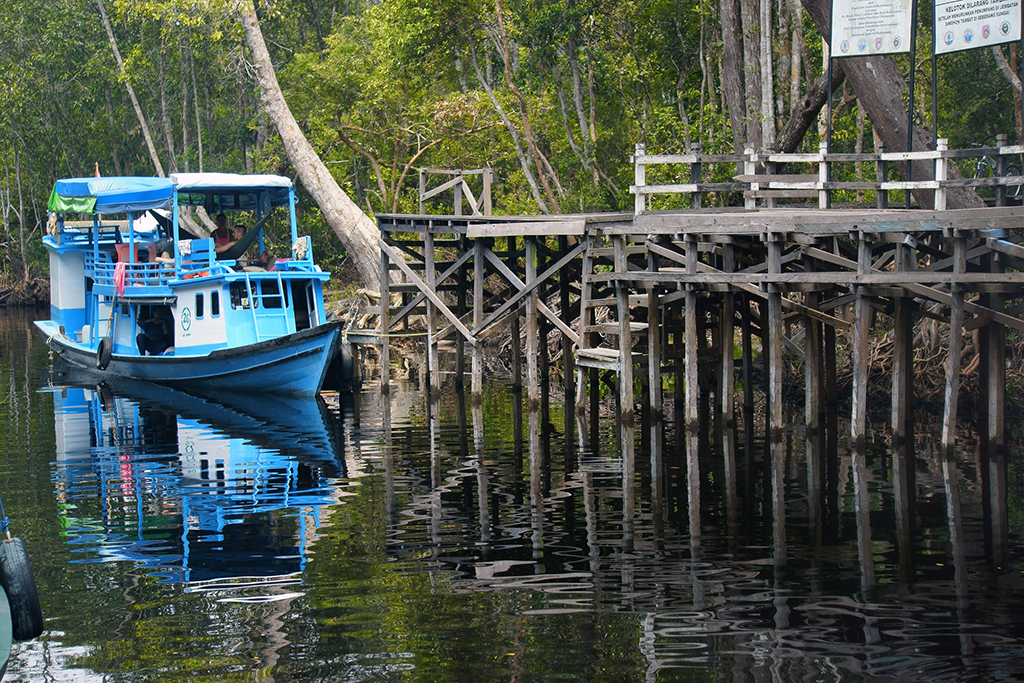I want my holiday to be sustainable. Where do I start?
Summer is upon us and many people are planning their holidays. In 2015, according to the World Tourism Organization (UNWTO), almost 1.2 billion tourists travelled to a different part of the world. Going beyond deciding for how long, where and how much to spend, there is a growing concern to minimize negative impacts on the environment and generate benefits for the local population. In fact, 42.1% of connected tourists, the so-called 3.0, wish to stay in a sustainable establishment. The UOC's experts in tourism Lluís Garay and Soledad Morales provide some recommendations for tourists so that they can be more aware of the environmental, social and economic repercussions that their trip will have on the destination, within what is currently known as sustainable tourism.
The UOC's experts in tourism Lluís Garay and Soledad Morales provide some recommendations for tourists so that they can be more aware of the environmental, social and economic repercussions that their trip will have on the destination, within what is currently known as sustainable tourism.
- Environment. We need to think about what type of transport we will use. “Long-distance plane travel generates a significant impact in the form of pollution”, Garay explains. And the same can be said about cruises: the world's largest cruise ship, the Harmony of the Seas, which moored at the port of Barcelona a few weeks ago, burns 2,500,000 litres of fuel each day.
- Economy. “We should consider whether the money we spend will have a positive impact on the people who live at our destination or whether it will go to large corporations, or whether the type of employment that this activity will create will be unstable and low quality or will provide certain minimum guarantees and a degree of social protection,” Garay adds.
- Social impact. A point to be considered should be whether the trip “will generate resident population displacement phenomena at our destination or, on the contrary, will have a positive effect through shared ideas and knowledge,” Garay says.
- Tourist behaviour. Professor Morales explains that the traveller “must act with respect and awareness, because the more people do this, the more likely they will be to engage in sustainable and responsible tourism”.
The UNWTO recommends that responsible tourists:
- Integrate in local cultures and traditions.
- Respect human rights.
- Help preserve the local environment (protect flora and fauna).
- Respect cultural resources (and buy local craft and produce to contribute to the destination's economic and social development).
- Find out as much as possible about the destination and take the time to understand its customs, norms and traditions (avoiding behaviours that may give offence).
For UOC professor Lluís Garay, “the idea is to become a little more aware of these impacts and try to act as responsibly as possible”. Morales believes that sustainable tourism “allows the tourist to participate in personal, sometimes extraordinary, experiences that may help bring about a change in people's value systems”.
Good practices in Catalonia
“Catalonia is a place where these issues are high on the agenda and there are some ground-breaking initiatives here,” Morales says. One example is the award given to the Barcelona Provincial Council by the European Commission for its system of sustainable tourism indicators. “It is an indication of our concern to preserve our resources,” the UOC professor points out.
Tourists 3.0: the mobile phone is their best backpack
“Awareness of sustainable travel and ICTs are the two factors that are driving the changes that tourism is experiencing and will experience in forthcoming years,” the UOC expert explains. And it is ICTs that have given birth to the so-called tourists 3.0, who book trips on-line and use their mobile phone as their preferred assistant during their entire trip: it is their camera, their guide, it provides other travellers' opinions, it shows street and public transport maps, and a lot more besides.
Furthermore, as tourists, they too become producers of contents and trends, sharing their impressions and recommendations on businesses, products and services, on social media and websites.
According to TripAdvisor's Connected Traveller study, 45% of tourists use their mobile phone to book activities, 72% use it to look for restaurants and 34% want to check in at their accommodation using their smartphone.
“Tourists are becoming people who look for more added value in travel and are more responsive to and engaged with the territory, the society and the culture of the places they visit and consume,” Morales concludes.
Experts UOC
Press contact
-
Editorial department
